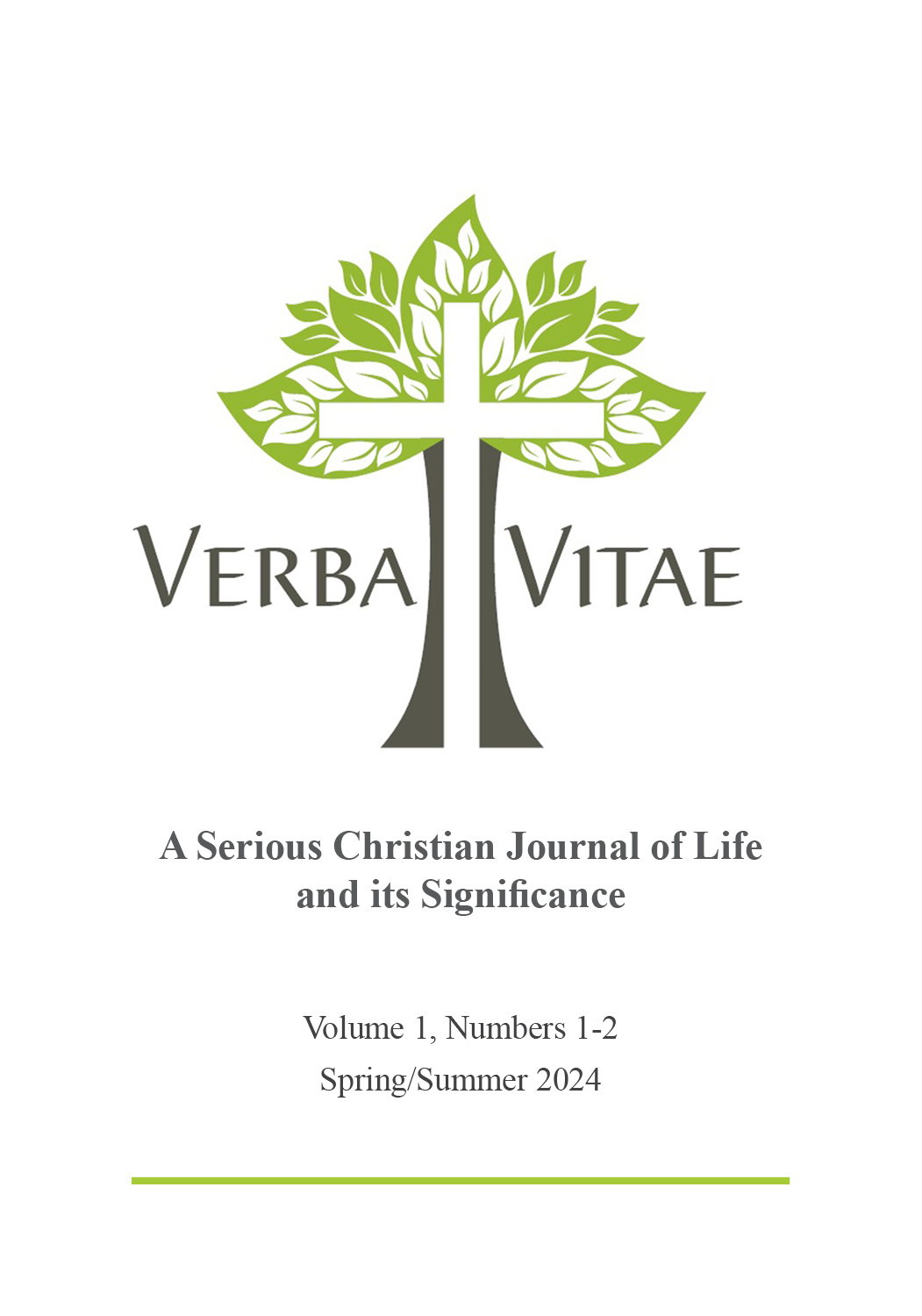On the Eruption of Antisemitism/Anti-Judaism on University and College Campuses in the Wake of Hamas’ Terrorist Attack on Israel and Israel’s Declaration of War on Hamas A Declaration
Main Article Content
Abstract
The Declaration views the events of October 7th through the eyes of a theologian of the cross. Luther’s Heidelberg Disputation (1518) is employed as a hermeneutical ‘lens’ to elucidate the shape of our witness as Christians to such events. The declaration:
- Confesses the past Christian penchant towards anti-Judaism;
- Asserts the inescapability for Christians to bear witness against evil, specifically here the hatred of Jews qua Jews;
- Points to the idolatry of being wholly conditioned by history, yet claiming the ability to make unconditional judgments about history from a position above history;
- Declares the unity before God of Jew and Gentile (“one in Christ,” “one in sin,” and “one in our common humanity;”
- Asserts there is no moral equivalency between the unprovoked Hamas attack on October 7, and the Israeli response it precipitated;
- Confesses the bondage to sin expressed in anti-Judaism/antisemitism;
- Claims that the Lutheran doctrine of the two kingdoms is relevant to the issue (the judgment that must be made is one of God’s Left Hand);
- Declares that we are theologians of the cross in a situation of persecution of our neighbor, and that we cannot thus stand idle in our faith; freedom itself is at stake.
Consideration of these issues are critical to the formation of a faithful and loving witness to events like these that continue to shape the historical context within which we preach, teach, and act.
Downloads
Article Details
References
Center for Strategic and International Studies (CSIS); BBC; Reuters; The White House; AP News; Memri; Lieber Institute for Law & Warfare at West Point; Israel National News; ELCA News and Events; Brittanica; Wikipedia; Luther's Works (55 Vols.); Hannah Arendt, The Origins of Totalitarianism; Hau: Journal of Ethnographic Theory; Paul Hinlicky, "What Is Antisemitism?", Before Auschwitz: What Christian Theology Must Learn from the Rise of Nazism; Gerhard O. Forde, "Luther and the Jews," Lutheran Quarterly; Dennis Bielfeldt, "“Response to Bishop Eaton’s statement on the Israel-Hamas War,” Facebook Post (October 24, 2023); Robert Kolb, Robert Kolb, “Origin of the Twin Terms Jus Ad Bellum/Jus In Bello,” International Review of the Red Cross 320 (1997): 553-562; James Turner Johnson, “Just War as It Was and Is,” First Things 149 (January 2005): 14-24; Leif Grane, “Article 16: ‘Civil Affairs,’” in The Augsburg Confession: A Commentary, trans. John H. Rasmussen (Minneapolis: Augsburg Publishing House, 1987), 166-177; Lutheran Book of Worship (Minneapolis: Augsburg Publishing House, 1978), 56; Luther, The Bondage of the Will (1525), trans. Packer & Johnston (Grand Rapids, MI: Baker Book House, 1957), 162; cf. LW 33:130; Dietrich Bonhoeffer, “On Stupidity,” in Letters and Papers from Prison, Dietrich Bonhoeffer’s Works, English ed., 17 vols. (Minneapolis: Fortress Press, 1996-2014), 8:43; hereafter cited as DBWE; Bonhoeffer, “Ethics as Formation,” in Ethics; DBWE 6:86; The Book of Concord: The Confessions of the Evangelical Lutheran Church, eds. Robert Kolb and Timothy Wengert (Minneapolis: Fortress Press, 2000), 516.6; hereafter cited as BC;
